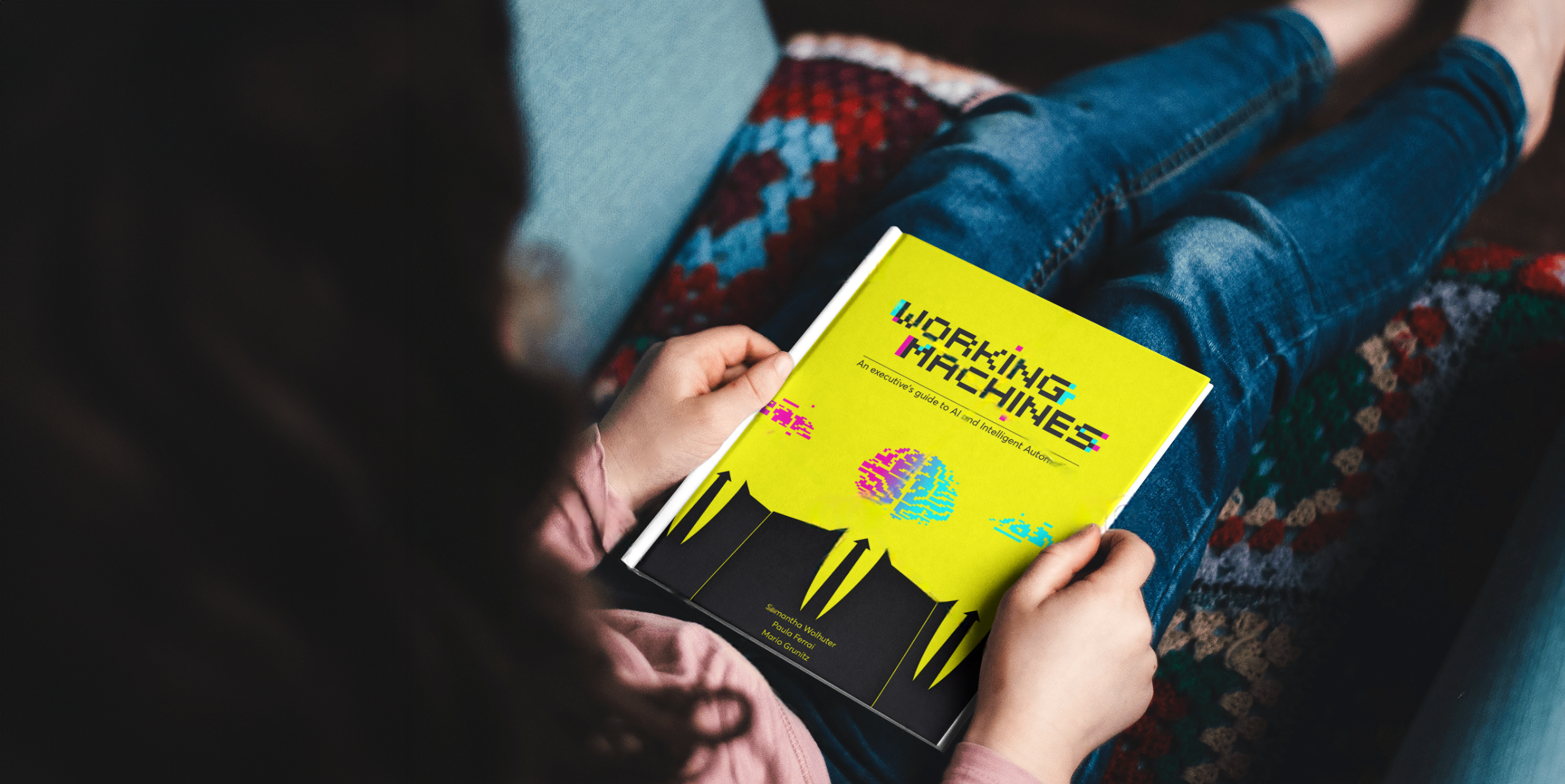
The cornerstone of the hospitality industry is to provide amazing personalised services to ensure the most enjoyable guest experiences. At its core, hospitality provides a human experience: friendly interactions with hotel staff and pleasant exchanges with other guests create a relaxing and welcoming environment that connects people. Yet until recently, the often tedious and frustrating administrative aspects of hospitality threatened to undermine what guests truly seek when choosing accommodation.
Laborious check-in and check-out procedures, enquiring about rates and specials, managing bookings and cancellations, ordering room service at unconventional hours – these processes can significantly impact a guest’s experience when not handled with exceptional care and efficiency. Added to this, guests increasingly expect seamless digital experiences that rival what they enjoy at home, demanding technology that enhances rather than complicates their journey.
Fortunately, the hospitality sector has embraced transformative technology with remarkable vision. The implementation of chatbots and AI-powered virtual assistants in hospitality has revolutionised these previously cumbersome administrative processes, ensuring superior guest satisfaction whilst driving substantial revenue growth for hotels.
So, how are chatbots in hospitality being used to improve the guest experience similar to how beauty chatbots have elevated the customer experience in the cosmetics industry?
1. Hospitality chatbots as advanced reservation system
Booking.com was one of the first mass booking platforms to integrate a hospitality chatbot into their booking experience. Their booking assistant helped answer and facilitate the most common guest queries throughout the booking process. Today, this innovation has evolved into sophisticated AI-powered systems that represent the most transformative development in hospitality booking technology.
Modern hospitality chatbots serving as reservation channels have achieved remarkable sophistication. HotelPlanner.com’s AI travel agents effectively handled 40,000 inquiries and generated £150,000 in room reservations in their first month alone. These AI agents, developed using eight million real staff phone calls, communicate fluently in 15 languages and handle complex tasks including hotel recommendations, availability checking, price comparisons, and secure payment processing.
Using Natural Language Processing (NLP) and Natural Language Understanding (NLU), chatbots can efficiently assist guests by providing relevant and accurate answers to queries and guiding them to the payment process. Guests can type queries in messaging interfaces or engage with voice-enabled chatbots in real-time to access precisely the information they need.
Hospitality businesses can even leverage chatbots to upsell services through targeted promotions of specials and reduced rates throughout the discovery and reservation process.
2. Hospitality chatbots as intelligent virtual concierges
Beyond facilitating efficient reservations, chatbots in hospitality have evolved into comprehensive virtual concierges, providing guests with intelligent assistance and essential information across virtually every hospitality touchpoint. From restaurant and activity reservations to room service coordination and transportation arrangements, everything guests need during their stay is accessible through AI-powered conversational interfaces.
The sophistication of modern virtual concierges is remarkable. A significant majority of hotel guests now appreciate AI-powered chatbots for handling straightforward tasks such as requesting Wi-Fi passwords, scheduling wake-up calls, and accessing facility information. This automation enables hotel staff to focus on complex guest needs and personalised service delivery, significantly improving overall service quality.
Advanced chatbot platforms provide hotels with fully customisable solutions that represent their brand whilst delivering round-the-clock concierge and support services. With multilingual always-on support, instant query resolution, and sophisticated guest feedback collection capabilities, these systems ensure comprehensive support before, during, and after guest stays.
3. Hospitality chatbots as sophisticated guest profiling tools
Through gathering valuable insights into customer habits, preferences, and behavioural patterns, hotels now develop comprehensive and accurate guest profiling systems. This enables them to deliver highly personalised offers that significantly increase guest loyalty and lifetime value. Hotels build upon insights gathered from visitor-chatbot interactions to understand guest preferences, identify emerging consumer trends, and continuously improve service offerings.
The impact on guest satisfaction is measurable. Studies show that 73% of hotel guests are more likely to book stays when hotels use AI to personalise recommendations for rooms, amenities, and local attractions. This statistic demonstrates the direct correlation between AI-powered personalisation and booking conversion rates.
A compelling example is Marriott’s strategic use of hospitality chatbots to surprise and delight loyal customers by rewarding guests with loyalty points when they engage with conversational content. This approach transforms routine interactions into opportunities for relationship building and brand loyalty enhancement.
Contemporary technology provides the hospitality industry with unprecedented insights into customer profiles without requiring intrusive in-person interactions or time-consuming satisfaction surveys. Hotels now create tailored recommendations and personalised experiences using sophisticated data analysis from chatbot interactions, revolutionising guest relationship management.
4. Hospitality chatbots as the link between hotels and guests
With the use of intelligent chatbots, hotels are now able to interact and connect with their guests like never before. Chatbots facilitate meaningful connections through booking assistance, personalised promotional offers, booking reminders, comprehensive reservation management for dining and activities, efficient room service coordination, and systematic guest feedback collection.
Current industry analysis reveals that AI implementation can lead to 15-20% reduction in operational costs for hotels through automation and optimisation, whilst simultaneously improving guest satisfaction scores and engagement metrics.
Chatbots in hospitality create an additional layer of guest service that operates continuously, providing immediate assistance to current and potential guests. This constant availability gives guests confidence that every need and query can be addressed promptly, delivering peace of mind and enhancing overall satisfaction.
5. Hospitality chatbots as drivers for greater guest experiences
The ultimate goal of hospitality is to provide incredible and memorable guest experiences. Hospitality chatbots ensure that the previously frustrating and complicated administrative side to hotel bookings and enquiries is made easier and more enjoyable.
Contemporary guests strongly prefer typing queries and receiving immediate, accurate responses rather than navigating complex phone systems or experiencing delays. With administrative components becoming more streamlined through automation, hospitality businesses deliver superior guest experiences through helpful, intelligent chatbots that eliminate unnecessary friction whilst preserving the essential human elements that define exceptional hospitality.
Industry examples and success stories
Hilton’s “Connie” – IBM Watson integration
Hilton’s partnership with IBM brought “Connie,” a Watson-enabled AI robot, to concierge desks. Connie assists guests by providing information on local attractions, hotel services, and amenities using advanced natural language processing, demonstrating how AI can enhance rather than replace human service.
The Cosmopolitan’s “Rose” – personality-driven service
“Rose” serves as an AI chatbot personal concierge at The Cosmopolitan of Las Vegas. Known for her engaging and playful communication style, Rose handles everything from restaurant reservations to timely amenity delivery, showcasing how personality-driven AI can create memorable guest interactions.
Marriott’s multi-platform integration
Marriott International utilises AI chatbots across platforms including Facebook Messenger and Slack to deliver instant responses to guest inquiries, demonstrating the importance of omnichannel chatbot deployment for comprehensive guest service.
Summary
Chatbot technology has undoubtedly transformed the mechanics and operations of industries globally, and hospitality represents one of the most successful adoption stories. With the emergence of digitally native travellers who remain constantly connected and mobile, their interaction preferences centre on convenience and immediacy through sophisticated applications and interfaces.
Chatbots in hospitality cater to every guest need in real-time, providing 24/7 assistance that elevates the concept of hospitality service to unprecedented levels. With global investment in AI for the hospitality industry projected to reach $6.6 billion by 2025, the technology infrastructure supporting these innovations will continue advancing rapidly.
A new generation of travellers and hotel guests actively seek self-service booking options, contactless check-in processes, and unparalleled convenience. When implemented thoughtfully, chatbots in hospitality eliminate the most undesirable aspects of hotel administration whilst preserving and enhancing the authentic soul of hospitality – the human connections and personalised care that transform routine travel into memorable experiences.
